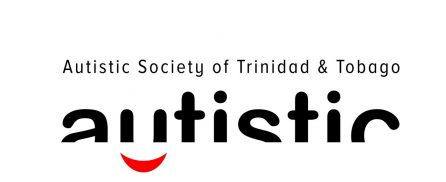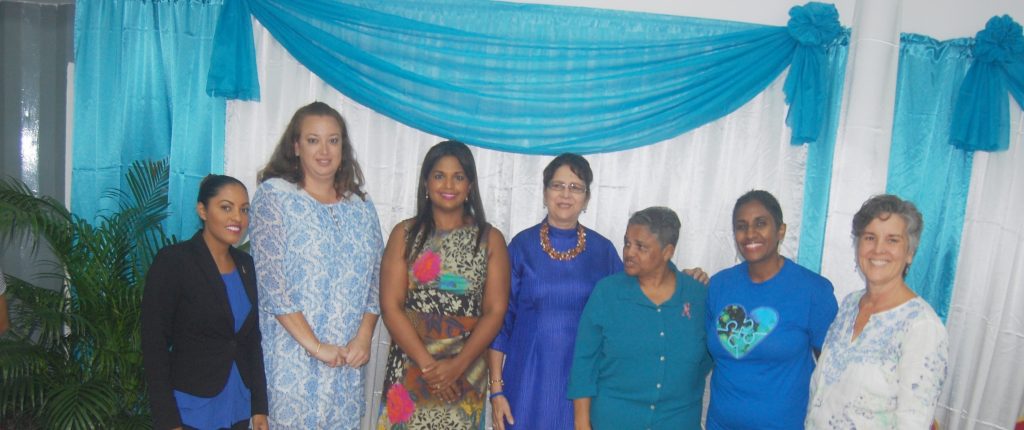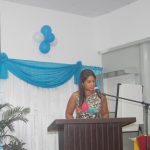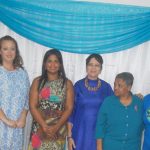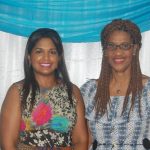“As a society, we have a moral responsibility to ensure that those who are marginalized, those who do not have a voice and those who are weak are fully integrated into our society.” – Her Excellency Reema Carmona, First Lady of the Republic of Trinidad and Tobago, during her feature address at the Autistic Society of Trinidad and Tobago’s World Autism Awareness Day function held on 3rd April, 2017.
Her Excellency Reema Carmona delivered the feature address during ASTT’s World Autism Awareness Day function, highlighting the role and responsibility of government, civil society, NGOs and individual stakeholders in ensuring that people with autism can more readily access quality care and services, which support personal independence and enhance their quality of life. She pointed out that although there is growing awareness in society, there seems to be little concern for the rights of persons with disabilities outside of designated days. Noting this year’s theme by the United Nations, “Toward Autonomy and Self-Determination”, Her Excellency acknowledged the importance of societal, economic and political support in fostering the rights of individuals to determine their future, as equal and included citizens of Trinidad and Tobago. She referred, in particular, to an entrepreneurial model developed by an Autism-focused school in Singapore, which encourages people with autism to develop their artistic skills through partnerships with professionals, toward the creation of sustainable employment. This, she noted, is a model that can be adapted in other areas of discipline, with an aim to generate financial security and autonomy for people with autism.
Her Excellency’s address followed those by Bertrand Moses, Office of the Prime Minister, Gender and Child Affairs Division; Teresina Sieunarine, President of ASTT; and Nichol Alves, General Manager of ASTT.
Mr. Moses provided a comprehensive update on upcoming programmes aimed at extending opportunities for parent training and expanding service provision for people with autism in Trinidad and Tobago. He commended initiatives ASTT took in parent training and support, and shared that this was in line with forthcoming initiatives of the Gender and Child Affairs Division.
Ms. Sieunarine read the official message from the United Nations Secretary General Señor António Guterres, which urged all to “play a part in changing attitudes toward persons with autism and in recognizing their rights as citizens, who, like everyone else, are entitled to claim those rights and make decisions for their lives in accordance with their own will and preferences.” She appealed to members of society to help improve the quality of life for people with autism through recognition of their equal rights, and supporting skill development necessary for making self-directed choices.
Ms. Alves noted that the United Nations released statistics in 2016 estimating that 1% of every country’s population has autism spectrum disorder. Thus, 13,000 people in Trinidad and Tobago potentially have autism. This statistic, she observed, means there are more children diagnosed with autism each year than there are children diagnosed with diabetes, AIDS and cancer combined. She acknowledged there is limited pool of autism-specialist therapists, educators and support personnel necessary for inclusive education, and lamented that the overwhelming majority of families registered with ASTT are unable to access equal opportunities in education, healthcare and employment. She urged members of the public and the medical profession to become familiar with recognizing early signs of autism so that these children can receive early intervention. She also implored educators and employers to adopt strategies that empower individuals with autism to lead autonomous and self-directed lives.
In recognizing the crucial role of family involvement in supplementing services, Ms. Alves highlighted the work of ASTT in employing a “Parent as a Partner” model, which trains parents to work with their children at home. Parents receive support through all processes to help their children achieve independence.
The programme included entertainment by people with autism, who are on varying levels of the spectrum, as well as an autism-friendly music session and Easter Egg Hunt.
The vote of thanks was given by PRO of ASTT Ms.Sarah Soo Hon.
